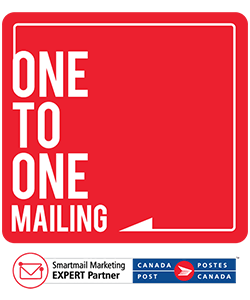There’s nothing more exciting than your business growing by leaps and bounds: it’s what every entrepreneur dreams of. But growth can be accompanied by growing pains, especially if you haven’t developed a good fulfillment strategy.
If you’re an e-commerce business, you know how difficult it can be to stay on top of fulfillment: picking and packing items once orders are received and keeping track of an ever-expanding inventory.
A question of options
As your business grows, you must decide what’s the better option: doing it all yourself (in-house fulfillment), or storing inventory in a third-party warehouse and routing the orders there (outsource fulfillment).
Want to watch Dave Kang’s full presentation from our E-commerce Operations Workshop event in Vancouver, click here.
Deciding on the best type of fulfillment can be less of a headache as long as you do it early, says Dave Kang, a fulfillment and logistics expert who has led distribution for large Canadian merchants.
Signs that you should consider outsourcing:
- If sales rapidly increase and you have trouble turning them around
- If sales patterns are erratic due to shortcomings in filling orders
- If you have difficulty finding or tracking inventory
“If your margins are good and you can focus on the front end of your business, there are benefits to acquiring a third-party partner,” says Kang.
Keeping control
Many business owners have a fear of adopting in-house fulfillment due to financial obligations (being on the hook for three- to five-year leases); but Kang says, “In-house should be viewed as a step necessary to optimize growth.”
First, determine the space you require and how much racking you will need, then contact vendors to understand how much space you can acquire based on costs.
Kang points out, “If your margins are tight and you need to save every dollar, consider in-house. A good in-house solution will result in improved productivity and less time spent looking for inventory.”
Plus, it can also result in a more personalized customer experience and enable you to react more quickly to fulfillment errors.
Understanding your future
A keen understanding of your business model and a clear view of where you want to be down the road will go a long way in determining what type of fulfillment is the best option.
Kang concludes, “Don’t forget that a lot of resources are available to help you reach your decision, from supply and shipping vendors to warehouse supply companies.”




